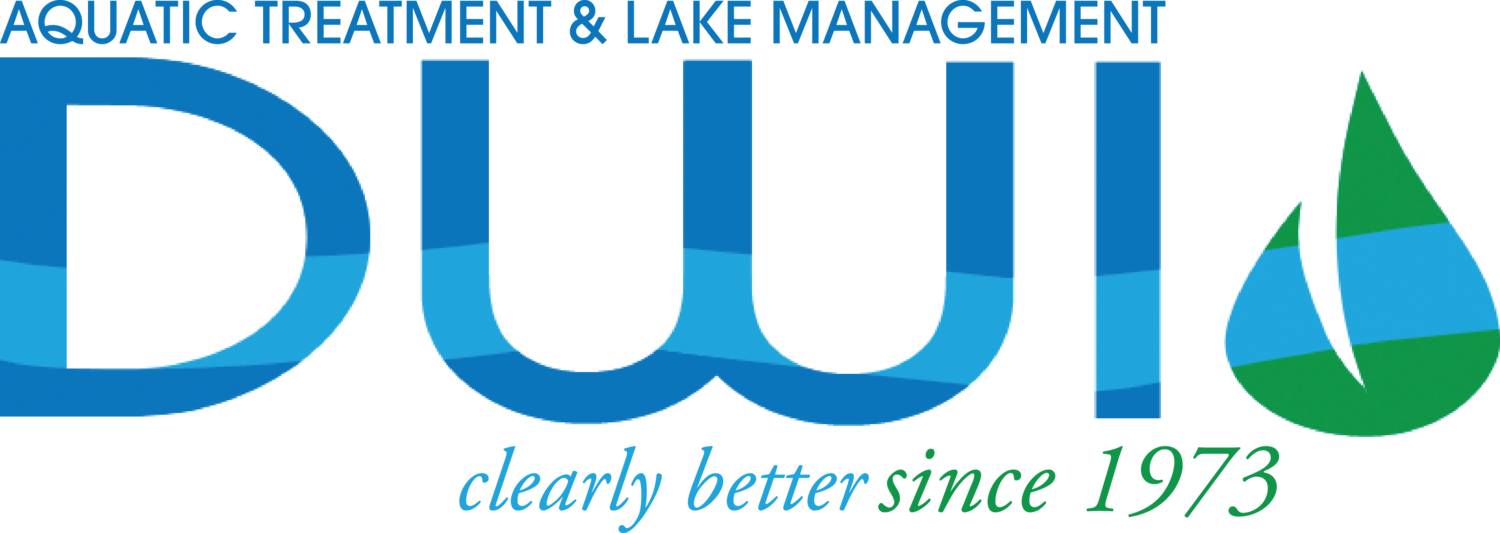By Patrick Simmsgeiger, Founder of DWI
What is Water Conditioning?
If water as it occurs in nature were “pure” water and nothing else, there would be no need for water analysis and water conditioning. Whatever the source, water always contains impurities in solution or suspension. It is the determination of these impurities that makes water analysis necessary and the control of these impurities that makes water conditioning essential.
Water, used directly in an industrial process, is classified as industrial water. The use of water in steam generating boilers (for example) is an obvious industrial use. Cooling water, either on a once-through basis or with cooling towers, is a prominent industrial use. Water is essential to large air conditioning systems.
What is industrial water conditioning? To many people, Industrial water conditioning is shrouded in an air of mystery. Much of this confusion is due to the lack of understanding of what industrial water conditioning is- and what it is supposed to accomplish.
Basically, industrial water conditioning embraces the broad field of “Fitting Water To The Job”. It’s purpose is twofold. One, it involves removing or minimizing the undesirable characteristics of water, such as removing hardness by softening to avoid scale. Two, it involves adding desirable properties to water, such as adding phosphate ion to give corrosion inhibitory properties.
External Treatment
This phase of industrial water conditioning has many names. Whatever it is called, it means doing something to water to make it more suitable for it’s intended application before it reaches the point of use.
External treatment usually requires the use of equipment, which may include hot or cold process lime-soda softeners, zeolite, and other ion exchange systems; de-aerators, filters, clarifiers, etc. Such equipment used for the purpose of reducing hardness and alkalinity, eliminating dissolved oxygen, and for the removal of suspended solids.
Regardless of the purity of the water provided by the use of such equipment, additional chemical treatments normally are required for complete protection against scale, corrosion and a host of other potential sources of trouble.
Internal Treatment
Like external treatment, this phase of industrial water conditioning is known by several names. In this case, it means doing something to water at the point of use to make it suitable for it’s intended application.
In boiler water systems, the objective of internal treatment is to make possible the control of scale formation and corrosive action. It may also be necessary to use internal chemical treatment to prevent return line corrosion due to dissolved gasses liberated in the boiler system.
Internal chemical treatment is used also in cooling water systems for the prevention of scale and corrosion, as well as conditions brought about by biological growths. Proper application of internal treatment results in improved heat transfer by eliminating these insulating deposits.
There are cases, too, where internal chemical treatment is used in the solution of specific water problems other than in boiler and cooling systems. Water conditioning is in many respects unlike any other field of engineering. It demands an unusual variety of talents including those of the chemical, mechanical, corrosion, and sanitary engineer, microbiologist, physical chemist, and bacteriologist. An Industrial Water Treatment Company provides these services.



